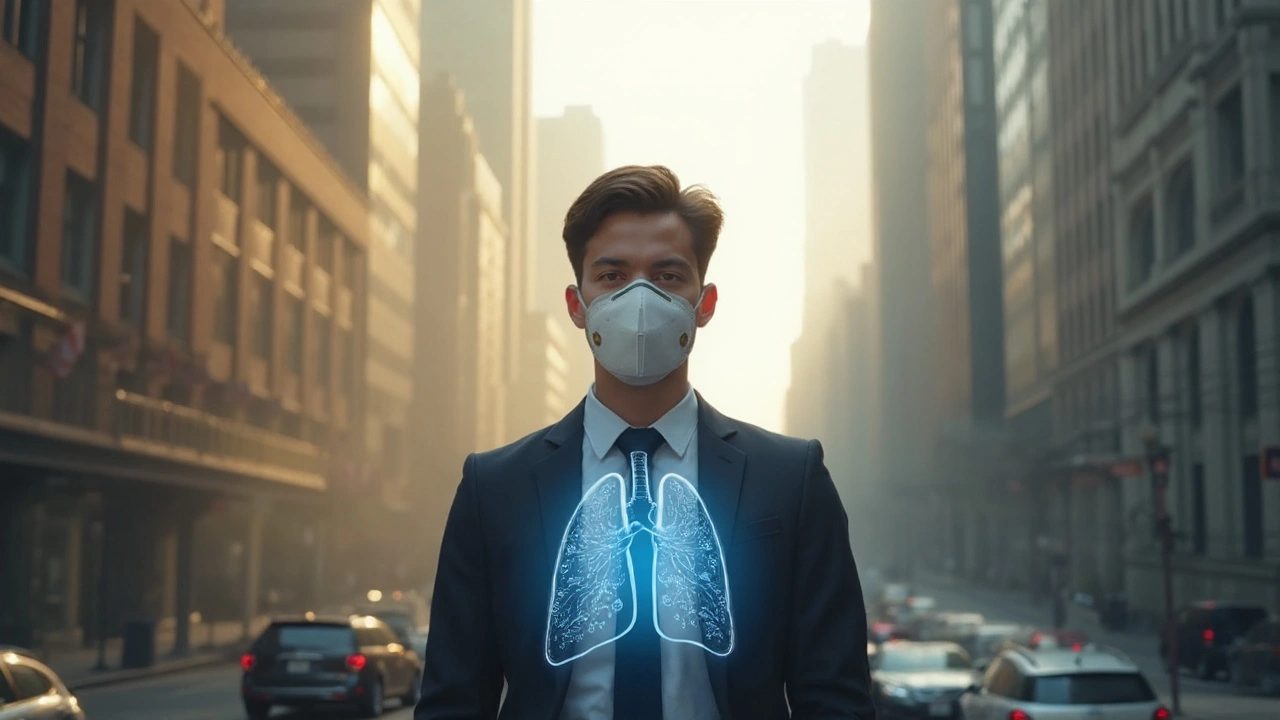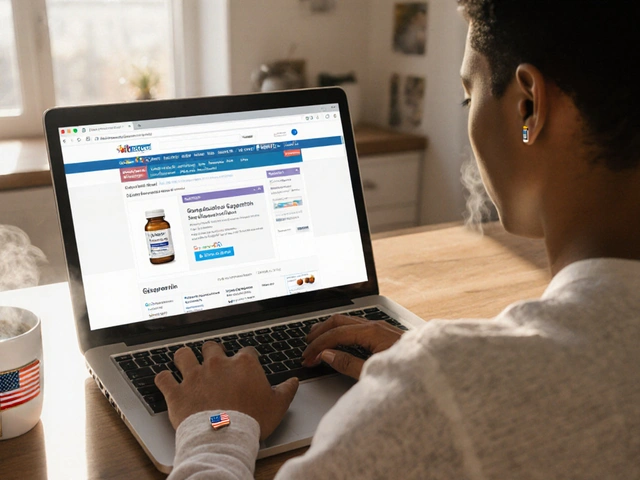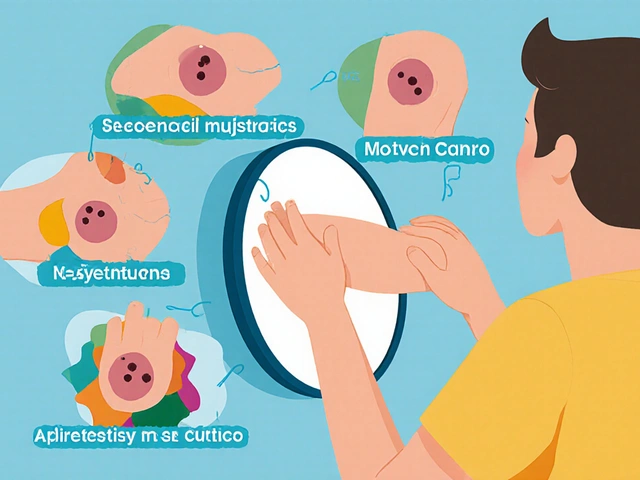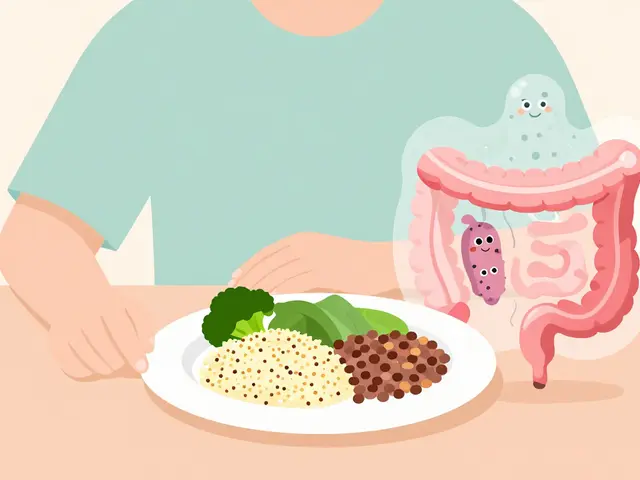Air Pollution: What It Means for Your Health and Simple Steps to Stay Safe
Ever notice that hazy sky and wonder why you feel a little off? That’s air pollution at work – tiny particles and gases floating around, sneaking into your lungs, and sometimes messing with your heart and brain.
Why Air Pollution Matters to You
When you breathe in polluted air, you’re pulling in pollutants like PM2.5 (tiny enough to get deep into your lungs), nitrogen dioxide, ozone, and even soot. These irritants can trigger coughing, wheezing, or shortness of breath, especially if you already have asthma or allergies. Over time, they raise the risk of chronic bronchitis, heart attacks, and even early‑onset dementia.
Research shows that every 10 µg/m³ increase in PM2.5 can raise your chance of a heart attack by about 8 %. That’s a solid reason to pay attention, not just on smoggy days but any day you spend time outdoors or near traffic.
Everyday Sources You Can Spot
Most of the bad stuff comes from a few familiar places: car exhaust, diesel trucks, industrial factories, and wood‑burning stoves. Even household cleaning sprays, candles, and cooking fumes add to indoor pollution. If you live near a busy road or a construction site, the air quality around your home can dip dramatically.
Seasonal changes matter too. In summer, ozone spikes under strong sunlight. In winter, temperature inversions trap pollutants close to the ground, making indoor air feel stuffy and unhealthy.
Knowing where the pollution is coming from helps you cut exposure. For example, opening windows while traffic is heavy can actually pull more pollutants inside, while closing them during a high‑pollution alert keeps the indoor air cleaner.
Practical Ways to Cut Your Exposure
First, check a reliable air‑quality app or website before heading out. If the AQI (Air Quality Index) reads “unhealthy” or worse, plan indoor activities or wear a certified N95 mask when you must be outside.
Second, create a clean‑air zone at home. Use HEPA air purifiers in the bedroom and living area, keep windows shut on bad‑air days, and avoid using strong chemicals or incense.
Third, tweak your commute. Carpool, bike, or take public transport when possible. If you drive, keep your car’s filter fresh and consider a hybrid or electric vehicle to cut tailpipe emissions.
Fourth, watch your indoor habits. Cook with exhaust fans, use low‑VOC paints and cleaners, and limit wood‑burning or charcoal grills to well‑ventilated spaces.
Lastly, support community actions. Join local clean‑air campaigns, plant trees, or push for greener policies. Small steps add up, and cleaner air benefits everyone.
Air pollution isn’t something you can eliminate overnight, but understanding its sources, health impacts, and simple protective measures puts you in control. Keep an eye on the AQI, protect your indoor environment, and make smarter choices about travel and home habits. Your lungs – and your long‑term health – will thank you.

Explore whether Montelukast can guard your lungs against air pollution. Learn how the drug works, the science behind pollutants, and practical tips for at‑risk individuals.





